Iran’s Bushehr nuclear power plant back on national grid after overhaul
Iran's Bushehr nuclear power plant has resumed operations and been reconnected to the national grid after being temporarily shut down for an overhaul, an Iranian official with the power industry says.
“The Bushehr nuclear power plant, like other thermal power plants, needs repairs and the removal of technical problems after working for a while,” the Iranian Energy Ministry's Spokesman for Power Industry Mostafa Rajabi Mashhadi said on Saturday.
He added that the Bushehr power plant is back online after needed maintenance were completed and “1,000 MW of the plant’s [power] capacity, which was out of operation for some 11 days, is injected into the country's distribution network."
The Atomic Energy Organization of Iran (AEOI) said in a statement on June 20 that the Bushehr nuclear power plant had been temporarily shut down over a "technical fault."
"Following a technical fault at the Bushehr power plant, and after a one-day notice to the Energy Ministry, the plant was temporarily shut down and taken off the power grid," it added.
Head of the AEOI Ali Akbar Salehi told ICANA last week that the problem had been almost resolved and added, “We are supplying new fuel to the Bushehr power plant and its financial resources are also being supplied.”
The Bushehr power plant started operating in 2011 and reached its full capacity the following year.
Iran and Russia signed a number of documents in November 2014, expanding cooperation in the field of peaceful use of atomic energy and opening the possibility of construction in Iran of up to eight power units.
Iran began building two more nuclear reactors in a joint project with Russia’s Rosatom energy firm in Bushehr in November 2017.
The country’s aim is to build nuclear power plants with 20,000-megawatt capacity to meet growing electricity demand, so it can save its hydrocarbons for export.
Russia has been involved in Iran’s nuclear power generation efforts more than any country. It is currently supplying the nuclear fuel used at Bushehr, but the Islamic Republic has said it wants to make its own fuel so that it will have secure supplies in the future.
Some media reports have recently claimed that Moscow and Tehran have disagreements related to the payment of salaries to the Bushehr plant’s personnel, which allegedly could affect the course of the Vienna talks on a potential revitalization of the 2015 nuclear agreement, officially called the Joint Comprehensive Plan of Action (JCPOA). The deal has been in crisis since the US' unilateral exit in May 2018.
However, Russian Permanent Representative to International Organizations in Vienna Mikhail Ulyanov told Sputnik News on Tuesday that any issues between Iran and Russia cannot influence the Vienna negotiations.
At least 19 Gazans killed by Israeli airstrikes since dawn: Medics
Leader: Iran has no proxy forces in West Asia
US fighter aircraft shot down ‘in friendly fire’ amid aggression on Yemen
Yemeni FM: Israel’s sponsors accountable for ongoing aggression on Sana’a
Eight Palestinians killed as Israel attacks Gaza school, hospitals
VIDEO | Rome, Milan host new protests in solidarity with Palestinians
Dec. 21: ‘Axis of Resistance’ operations against Israeli occupation
Spain jurists demand ties with Israel ties be cut


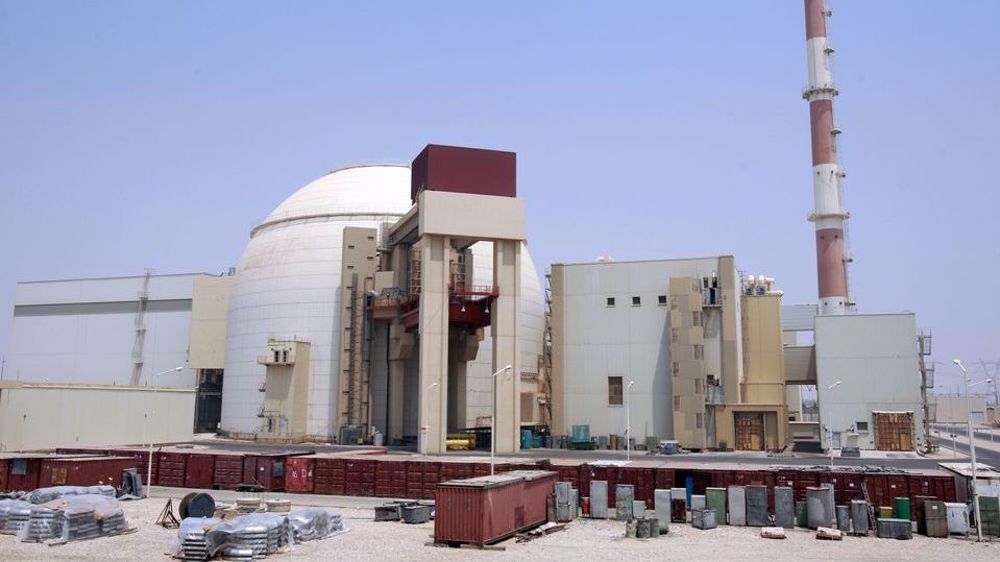
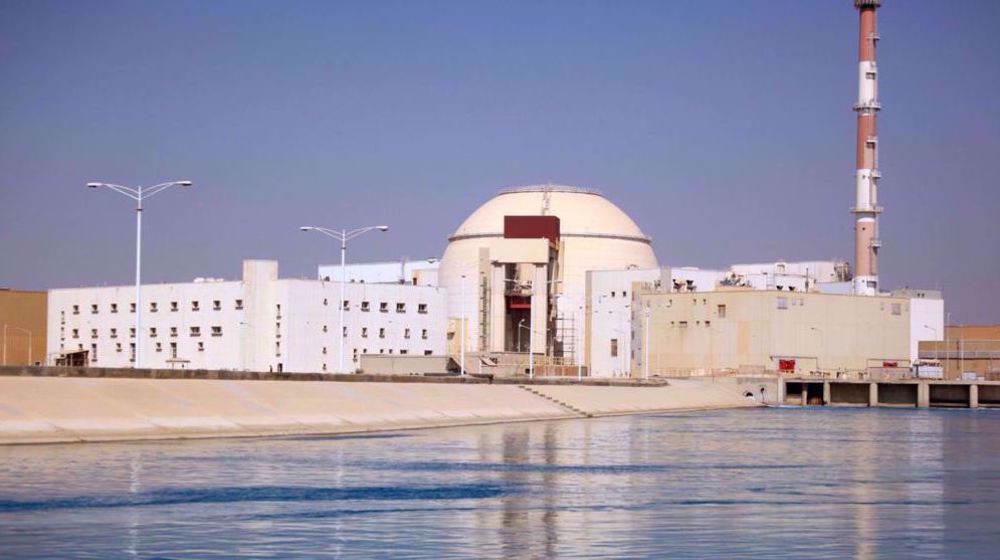
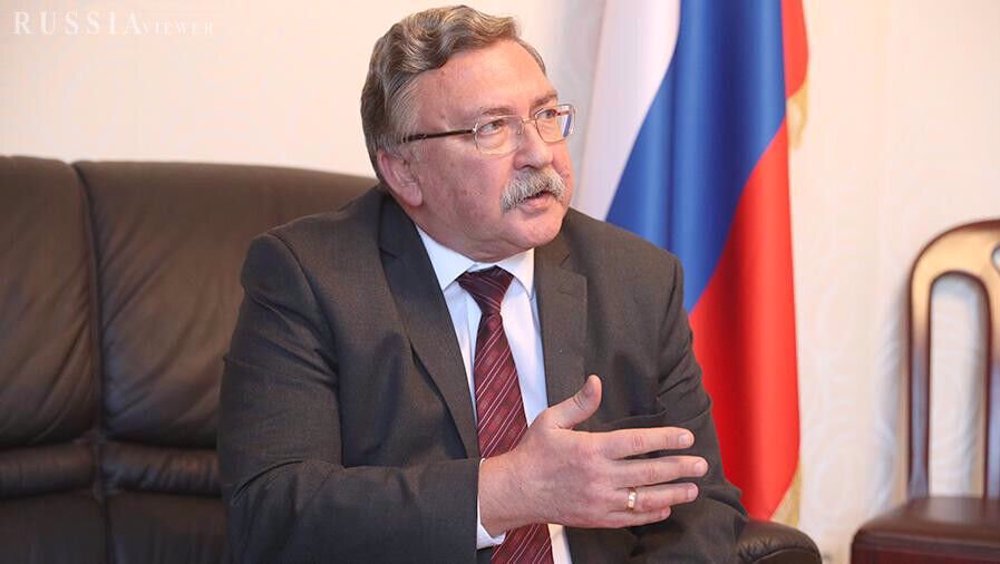
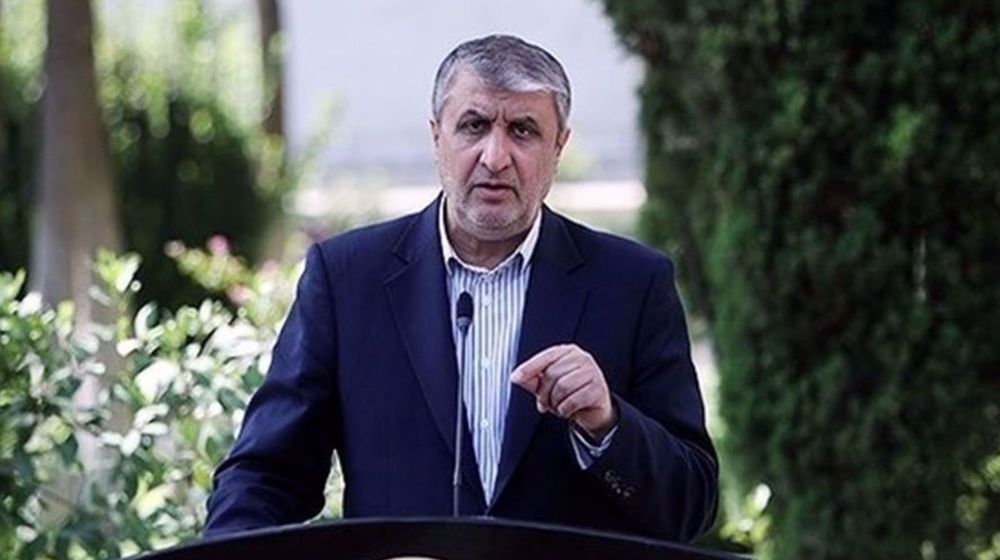
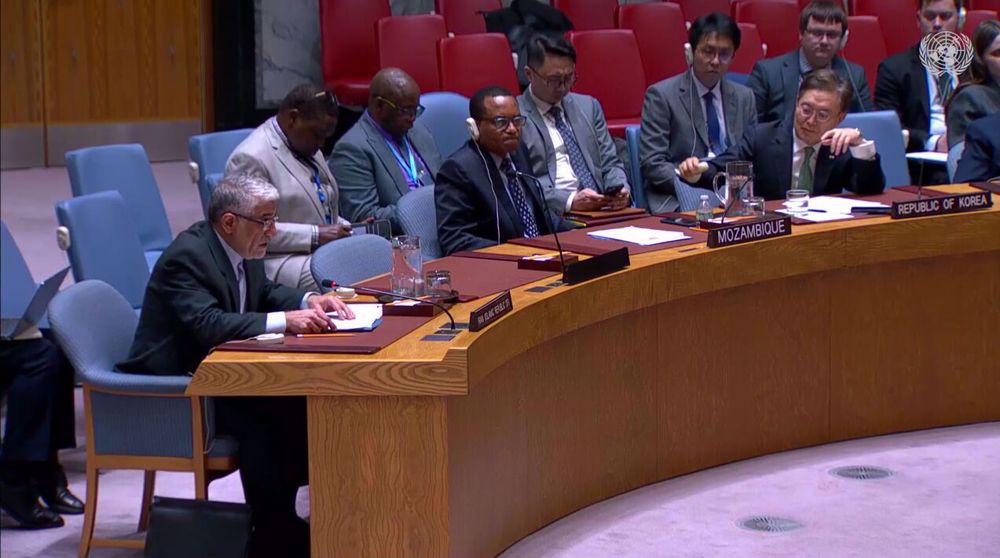
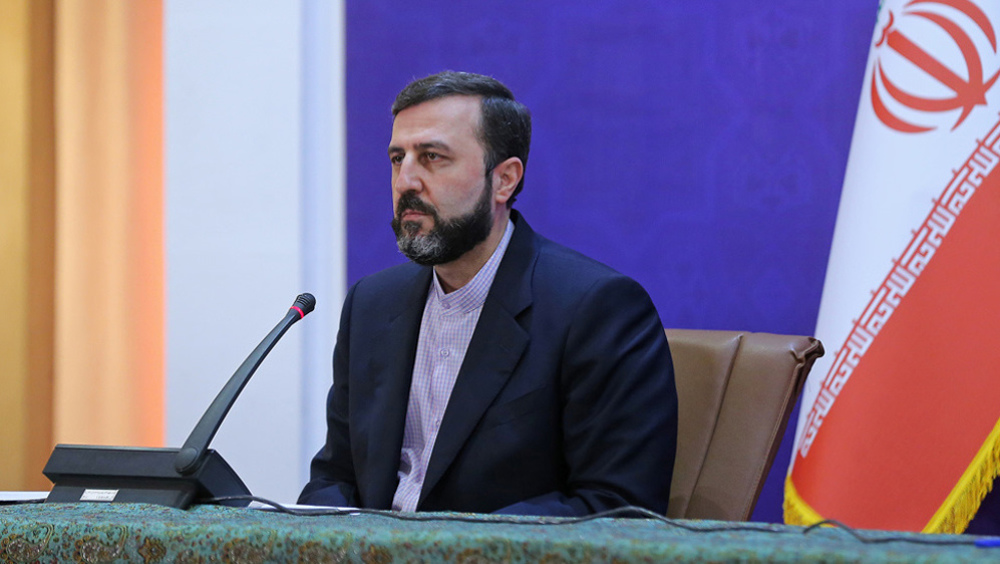




 This makes it easy to access the Press TV website
This makes it easy to access the Press TV website